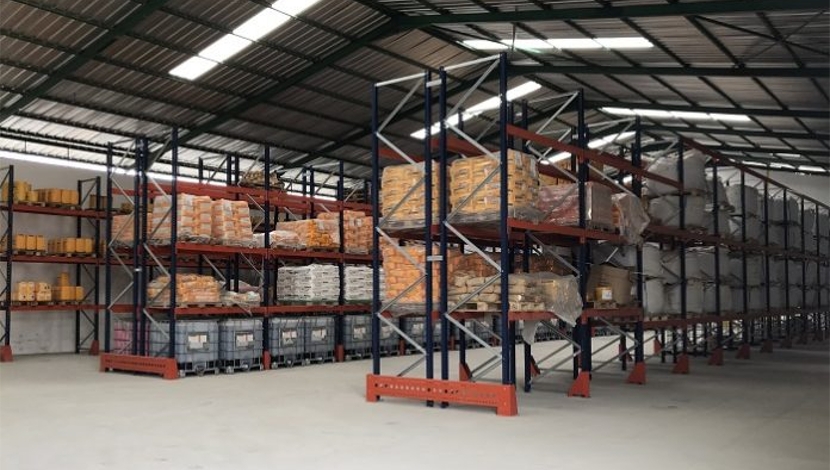
A precast concrete jacking pipe with watertight joints developed by Concrete Manufacturers Association member Concrete Units at the request of Franki Africa, the leading geotechnical engineering company in Africa, has demonstrated its effectiveness in a jacking contract Franki is currently engaged on at Durban’s Bluff area.
Franki’s requirement was for jacking pipes with leak-proof joints for use in pipe-jacking projects where it was necessary to jack below the water table.
Concrete Units designed the new pipe in consultation with Pretoria-based pipe design specialist company, Pipes. Franki has successfully deployed the pipes in several jacking contracts in the Western Cape since Concrete Units started manufacturing them in 2012.
The latest contract is one of the most difficult below-the-water-table jacking contracts the company has undertaken in recent years. Awarded by eThekwini Municipality’s storm-water division in August last year, it is an upgrade of the storm-water drainage at the Transnet Freight Rail Reserve near Wentworth Station.
This area, which is situated at the lowest point of the Bluff area, has been subject to heavy flooding for many years due to the inadequacy of the existing drainage system. The railway lines that give access across the reserve to the shunting yards at Wentworth Station, as well as adjacent buildings, are often flooded.
The new system being installed by Franki consists of five 100-m long pipelines installed side-by-side under the railway lines, with two large in-situ cast concrete chambers at each end to evenly distribute the storm-water flow into and out of the pipes. The construction of the chambers and of a new culvert that ties into the existing storm-water system form part of Franki’s contract, which is scheduled for completion in June this year.
“The challenge here is that the pipes are to be installed 6 m below the ground-water level, where the ground consists of running sand with a consistency of soup,” commented Byron Field, Franki’s contracts manager for pipe-jacking projects.
Preparation prior to jacking has consequently been a prolonged process, involving the installation of a de-watering system along the full length of the jacks and sheet piling around all the new chambers and culvert works.
Having pipes with watertight joints was shown to be even more critical in this case than in the previous contracts in which they have been deployed. “The sand is so fine that it would have flowed through the joints of ordinary jacking pipes,” Field said.
The pipes used in the Bluff contract were manufactured and supplied by Concrete Units’ Meyerton plant, whereas the pipes used in the earlier contracts in and around Cape Town were manufactured and supplied by the company’s Cape Town facility, which initiated their development.
The joint design in the new pipe represents a departure from the in-the-wall joint (ITWJ) design of most conventional jacking pipes. The new pipe has a butt-ended joint with a steel band cast into it to provide a close fit for the receiving pipe-end, which is equipped with an O-ring to seal the joint. The tight tolerance of the joint in the new pipe also improves its alignment characteristics compared with the conventional product.
For the Bluff contract Concrete Units’ Meyerton plant manufactured and supplied Franki with a total of 500 m of 1470 internal diameter pipes in individual pipe lengths of 2,4 m.
More information from Frans Minnaar, Tel: +27(0)11 805-6742 / www.cma.org.za





